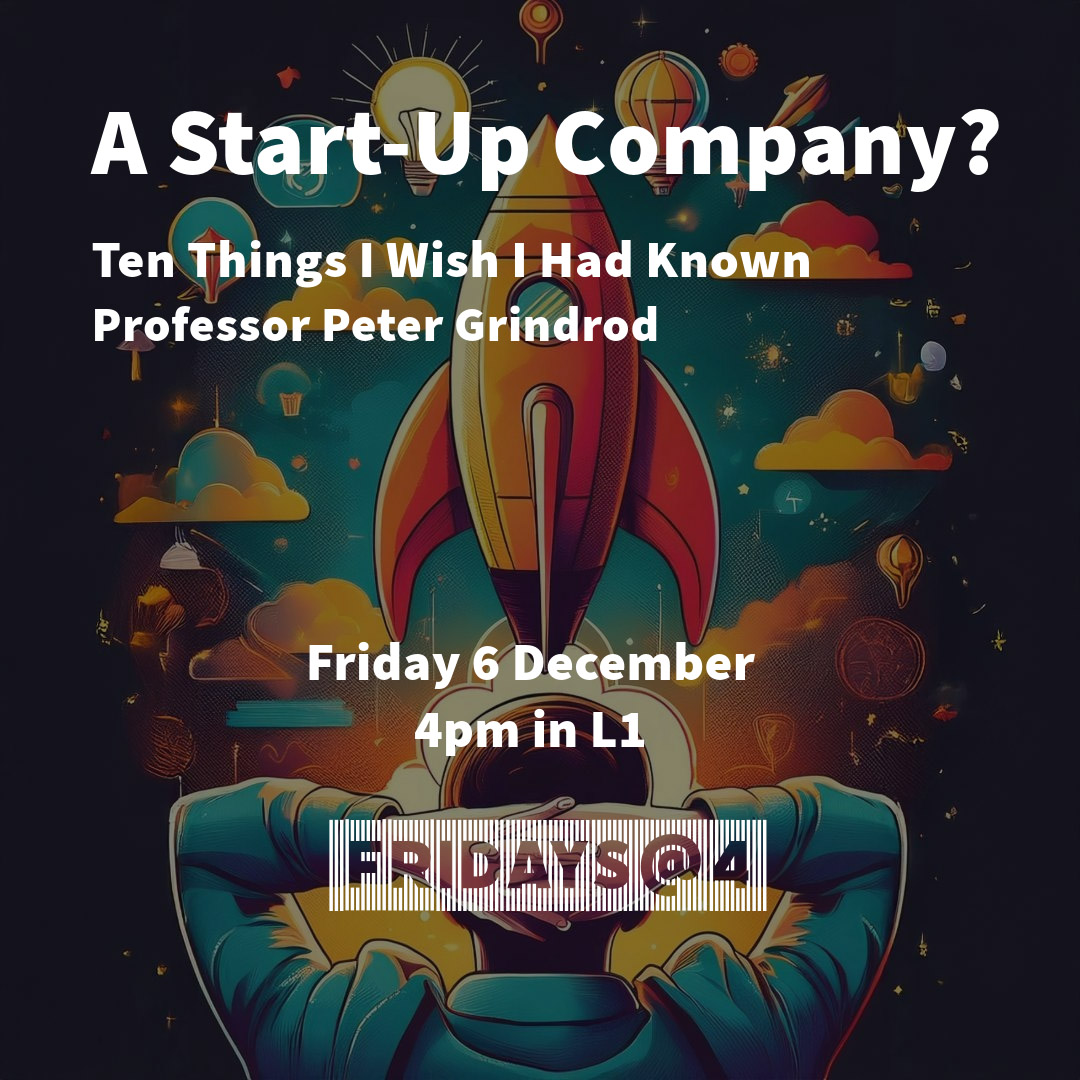High-order finite element methods for multicomponent convection-diffusion
Abstract
Multicomponent fluids are mixtures of distinct chemical species (i.e. components) that interact through complex physical processes such as cross-diffusion and chemical reactions. Additional physical phenomena often must be accounted for when modelling these fluids; examples include momentum transport, thermality and (for charged species) electrical effects. Despite the ubiquity of chemical mixtures in nature and engineering, multicomponent fluids have received almost no attention from the finite element community, with many important applications remaining out of reach from numerical methods currently available in the literature. This is in spite of the fact that, in engineering applications, these fluids often reside in complicated spatial regions -- a situation where finite elements are extremely useful! In this talk, we present a novel class of high-order finite element methods for simulating cross-diffusion and momentum transport (i.e. convection) in multicomponent fluids. Our model can also incorporate local electroneutrality when the species carry electrical charge, making the numerical methods particularly desirable for simulating liquid electrolytes in electrochemical applications. We discuss challenges that arise when discretising the partial differential equations of multicomponent flow, as well as some salient theoretical properties of our numerical schemes. Finally, we present numerical simulations involving (i) the microfluidic non-ideal mixing of hydrocarbons and (ii) the transient evolution of a lithium-ion battery electrolyte in a Hull cell electrode.


